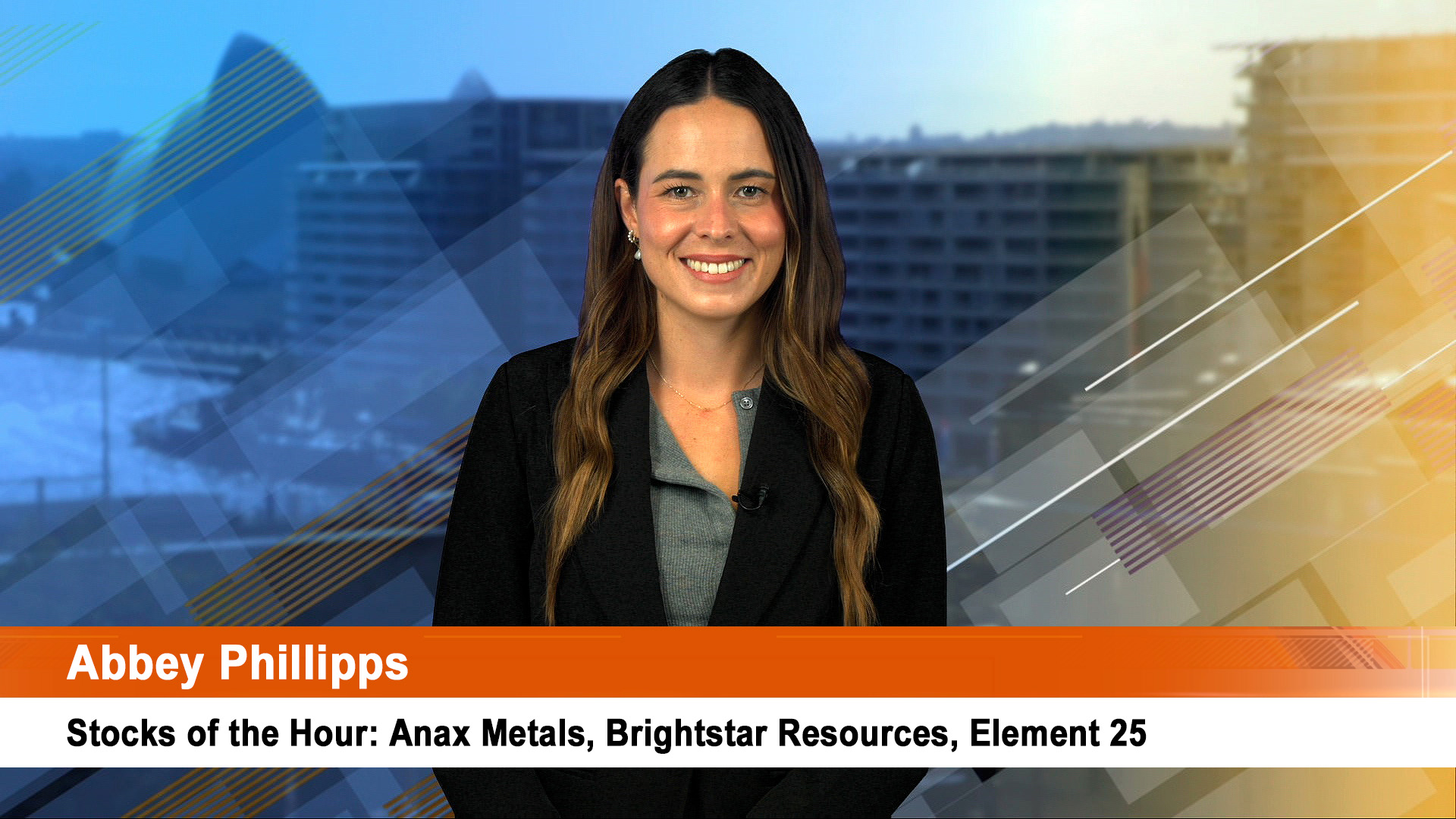While central bank meetings will grab the headlines internationally this week, it will be the usual start of month report on the US jobs market on Friday night, our time, along with continuing market reaction to the slump in global oil prices, which will have the greatest impact on markets this week.
First up the central banks, and the slide in oil prices will certainly get a mention at monetary policy meetings of the Reserve Bank of Australia, its counterpart in India, the European central Bank, the Bank of England and the central banks of Canada, Brazil and Mexico.
There could be a rate cut among those meetings – possibly India.
At the same time the usual start of month surveys of manufacturing (today and tomorrow) and then services (late in the week) will also grab the attention of markets, especially the two reports on the health of Chinese manufacturing.
In Australia it’s the last big week of data and meetings for 2014 with the final interest rate decision of the year from the Reserve Bank tomorrow, with no change expected.
The AMP’s chief economist Dr Shane Oliver says if the RBA leaves rates on hold, “This will mark the 17th month of rates at 2.5%, which is still less than the previous record of 20 months when rates were flat at 7.5% between December 1994 and July 1996, However, the record is likely to be surpassed early next year".
Third quarter growth figures will be released on Wednesday with a quarter on quarter figure of between 0.2% and 0.7% expected.
Dr Oliver says he sees growth around 0.7% for the quarter, or 3.1% for the year. He wrote at the weekend growth “supported by solid contributions from consumer spending and trade but weak readings for construction activity”.
“Our assessment is that rates will be on hold well into the second half of 2015, and that in the near term the risks are skewed towards another rate cut."
And there’s also the start of data for the current quarter, with retail sales, building approvals and trade data, all for October.
We also get the monthly survey of capital city house prices later today from RPData/CoreLogic, as well as a private survey of inflation.
The monthly industry care sales figures for last month are out later in the week.
Offshore, and there’s not only the impact of falling oil prices to contend with but also any fallout from the Swiss vote on gold (and immigration) on Sunday.
A Yes vote would have forced the Swiss National bank to buy more gold over the next few years, supporting the weak global price of the metal which is now likely to come under further pressure as a result of the vote.
The corporate area in Australia will be quiet this week with a few annual meetings left over (they were supposed to have been held by last Friday for June 30 companies). Companies with July, August or September balance dates are now holding their meetings.
Retailer Metcash is due to release its first half results later today.
Annual meetings will be held by companies including Clover Corporation, Nufarm, TPG Telecom, OrotonGroup, Premier Investments and Funtastic (an extraordinary general meeting).
In the US, the week will not only be dominated by the fallout from the weaker oil prices, but investors will be looking to Friday night’s November jobs report for more evidence of the strength of the US recovery, which is solid, but not quite as strong as many US commentators would have us believe.
Before then we expect continued solid readings for the monthly ISM survey of US manufacturing conditions index (tonight, our time) and the service sector conditions index (Wednesday night, our time).
The November jobs report on Friday night should see around 230,000 new positions reported according to Dr Oliver, with unemployment unchanged at 5.8%.
“Signs that the stronger jobs market is feeding through to stronger wages growth will also be looked for in wage earnings data to be released Friday,” he added.
The Fed’s Beige Book for the next meeting mid-month will be out on Wednesday night, our time. It is a wrap up of the economy and business conditions across the US from one of the 12 Fed districts.
US corporate earnings this week will again be dominated by retailers such as Guess, Abercrombie & Fitch, Dollar General, Big Lots, Aeropostale, Barnes and Noble and American Eagle Outfitters. Global fashion group Prada is also due to report, while US grog giant Brown and Forman will also release its latest quarterly figures.
In Europe, all eyes will be on the ECB meeting (Thursday night our time) after inflation dipped to 0.3% last month, and is certainly to fall further this month after the slide in oil prices.
Dr Oliver says there’s some chance that its “Quantitative Easing asset purchase program will be widened to include corporate bonds”.
“Recent comments from President Draghi suggest this is likely but the timing of the announcement is unclear because the ECB may prefer to wait to see how its next auction of cheap bank financing goes on December 11. Either way it’s just a matter of timing,” he wrote.
Readings on manufacturing and service sector activity across the Eurozone are due tonight and Wednesday night respectively.
The Bank of England meets on Thursday night, our time, and will sit on rates.
UK Chancellor of the Exchequer George Osborne issues the government’s autumn economic update Wednesday night, our time, which will be assed by the Bank of England on Thursday. He is likely not to reveal new cost cuts in the statement because of next year’s national elections.
In Asia, China’s official manufacturing PMI for November is likely to soften a bit, consistent with the softer HSBC flash PMI already reported. The final result from the HSBC survey will also be out.
Skittish investors are likely to focus on this though, as Dr Oliver points out, these surveys have been gyrating up and down in the same narrow range they have been in for the past few years.
The monthly survey of Japanese manufacturing activity will also be issued and examined for signs that the economy is regaining momentum after Japan slipped into recession in the September quarter, according to early data.
Figures out on Friday though showed bad and some good news for Japan. Inflation is falling, retail spending and household consumption are falling, but industrial production and employment improved in October.













